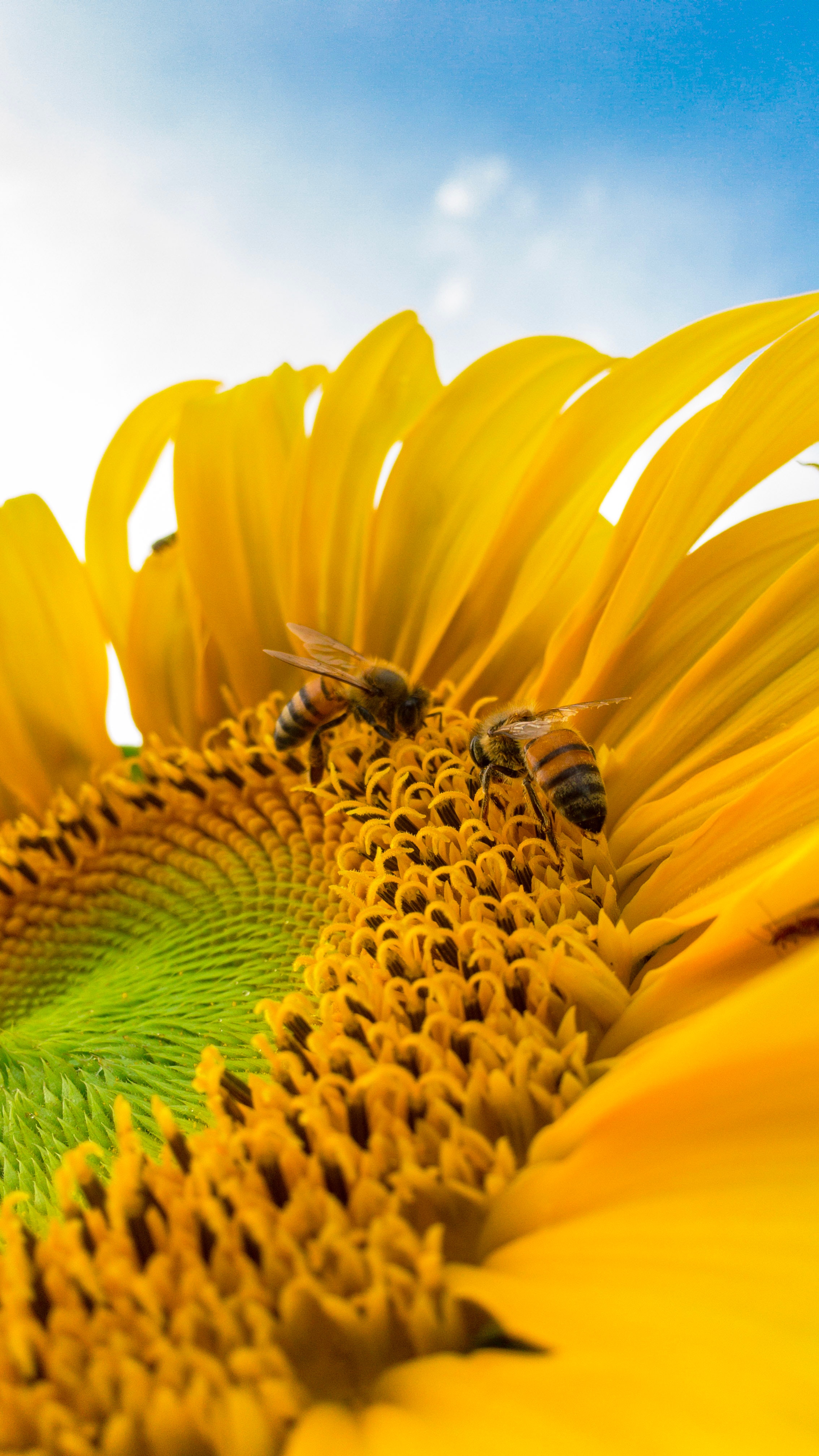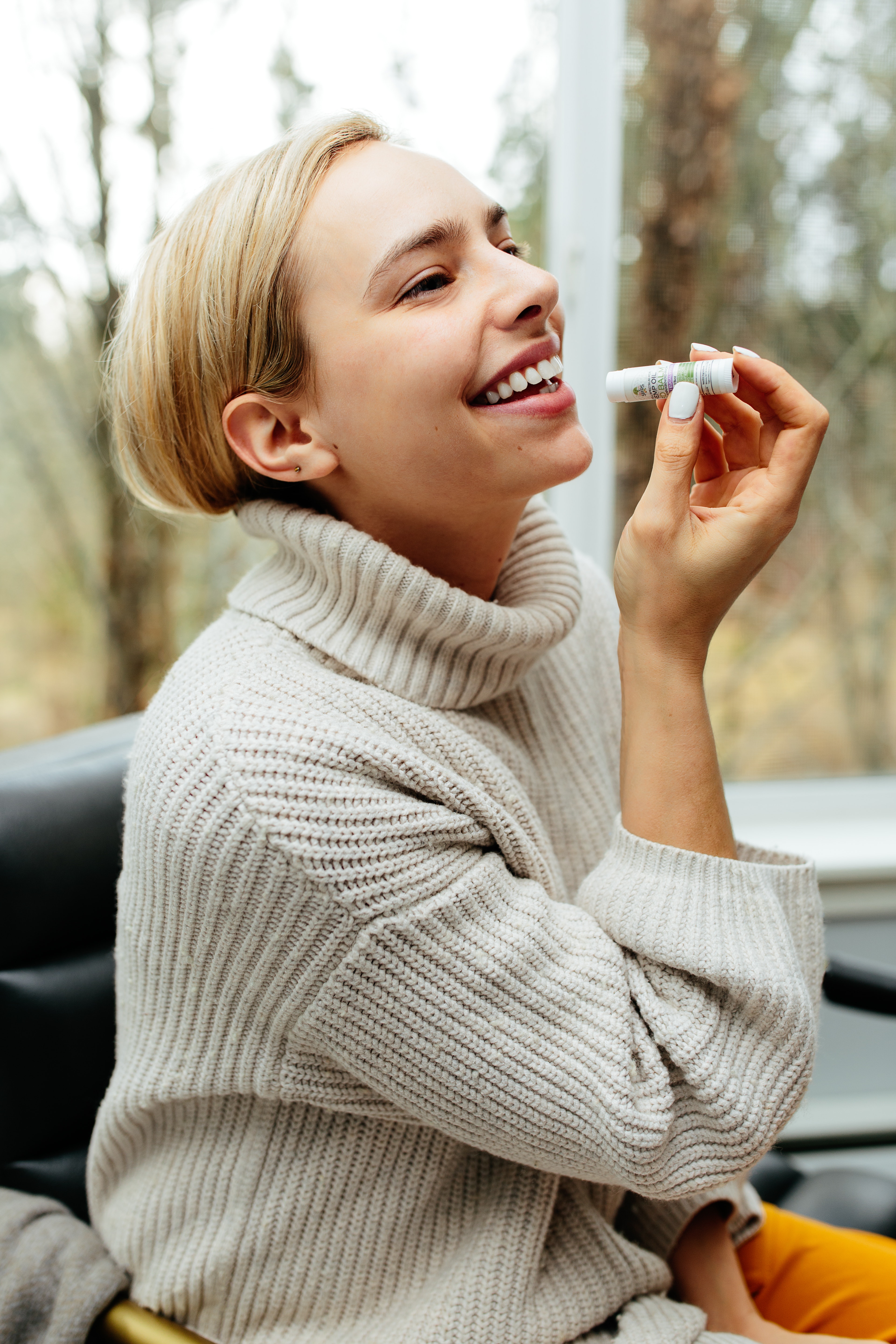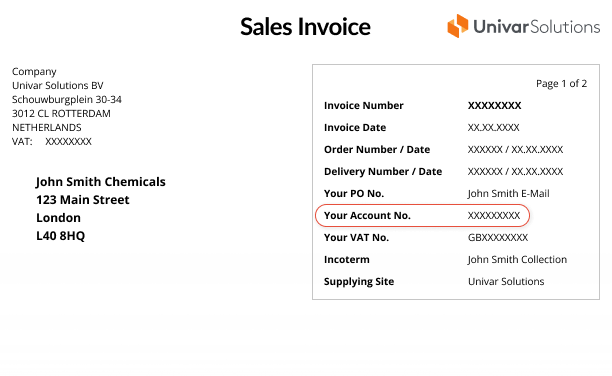We’re here to provide you with more information or help answer any questions you might have. Send us a note and we’ll get back to you as soon as possible.


In the cosmetics and personal care business, beeswax has long been a favorite ingredient for formulators. However, with recent availability issues and many consumers now viewing the process for extracting beeswax as exploitative and cruel to the bees, it’s become necessary for formulators to have an alternative on hand. But is it possible to create an eco-friendly alternative to beeswax that’s still effective and marketable?
Making the switch
Although many associate the word ‘vegan’ with food, consumer trends are favoring a wide array of vegan products both in and out of the kitchen. In fact, 1 in 3 consumers are more likely to try vegan skincare over vegan milk alternatives!
The global market for vegan cosmetics was estimated at $15.1 billion in 2020 following an 83% increase in sales from the previous year. By 2027, that number is projected to climb to $21.4 billion. Switching to a vegan beeswax alternative is an excellent way to capitalize on this growing market.
Choosing the best beeswax alternative
There are three types of beeswax alternatives: completely synthetic, partially synthetic, or completely natural. Completely synthetic alternatives raise concerns about sustainability because they’re usually formulated with petroleum. Partially synthetic alternatives improve on the sustainability piece, but still cannot allow the formulator to achieve a fully naturally derived formulation.
Completely natural alternatives use plant waxes – perfect for the eco-conscious formulator. The question then becomes which plant wax to use, as every plant wax has different characteristics that work better for different end products.
The best solution is usually a blend of multiple plant waxes. However, blending different types of waxes together can be challenging because of differing chemical properties such as melting point and acid value, as well as the amount of trial and error needed to find the right ratios.
Univar Solutions’ extensive product portfolio answers these concerns with an innovative plant wax blend that is both effective and eco-friendly, cutting out the time and guesswork involved in creating your own without compromising on quality.




Our Solution
PHC 9677 from Poth Hille is a carefully chosen blend of three plant waxes that are vegan, cruelty-free, palm free, and biodegradable. The blend provides a diverse set of beneficial chemical properties:
- Rice bran wax offers superior skin conditioning properties that leave the skin feeling pampered without any greasy film or residue.
- Sunflower seed wax provides structure and hardness – perfect for stick formulations such as lip balms.
- Sumac wax helps with uniform distribution of the product during application , as well as pliability to keep your products from snapping or breaking under pressure
The formula can be used in all types of beauty and personal care end products, including baby care, but works particularly well in oleo gels and stick formulations. It works in all types of emulsions, water-free formulations, and emollients.
Sustainability
With a Natural Origin Index of 1 (according to ISO 16128),[ML1] formulators can rest assured that PHC 9677 is a truly sustainable option for those looking to capitalize on the vegan beauty trend. All three waxes used are natural byproducts, such as rice husks for the rice bran wax, and obtained through sustainable means.
Contact Beauty Ingredients for Formulation Support
Upcycled ingredients are a popular beauty area as the industry looks for ways to become more sustainable.
Learn more about upcycled beauty formulations and order samples today to create your upcycled beauty products.
Resources
References:
Aquabio, Car Wash History: From Simple Beginnings to Modern Day Features: https://aquabio.co/uncategorized/blog/car-wash-history-from-simple-beginnings-to-modern-day-features/
Automatic Vehicle Wash, Tunnel Systems: https://avwequipment.com/equipment-category/tunnel-systems/
Carwash.com, 5 long-lasting benefits of carwashing: https://www.carwash.com/5-long-lasting-benefits-carwashing/
Carwash.com, Going green: Save electricity, water and money: https://www.carwash.com/going-green-save-electricity-water-and-money/
Carwash.com, Lessons in carwash tunnel layout: https://www.carwash.com/lessons-carwash-tunnel-layout/
Detail Pro POS, 20 Car Wash Statistics in 2021 That Will Surprise You: https://www.detailpropos.com/blog/car-wash-statistics/
Focusedcarwash.com, Car Wash Industry Statistics: https://focusedcarwash.com/wp-content/uploads/2017/09/industry-statistics.pdf
How It Works, How does a car wash work?: https://www.howitworksdaily.com/how-does-a-car-wash-work/
JBS Industries, 10 Trends You Should Know About the Car Wash Industry: https://www.jbsindustries.com/blog/10-trends-you-should-know-about-in-the-car-wash-industry/
JBS Industries, Best Car Wash Add-Ons: https://www.jbsindustries.com/blog/car-wash-add-ons/
PSD Codax, Tunnel Car Wash Systems - A Beginner's Guide to Tunnel Car Wash Systems: https://www.psdcodax.com/tunnel-car-wash-systems-a-beginners-guide-to-tunnel-car-wash-systems/
Sunset North Car Wash, Here's What (Tunnel) Car Washes Are Really Doing to Your Car: https://sunsetnorthcarwash.com/2022/11/28/heres-what-tunnel-car-washes-are-really-doing-to-your-car/
Synchrony, 5 Reasons to Visit the Car Wash - and What to Watch Out For: https://www.mysynchrony.com/blog/automotive/5-reasons-to-visit-the-car-washand-what-to-watch-out-for.html
Thompson Sales Company, Wash Your Car Yourself or Take It Somewhere: https://www.thompsonsales.com/wash-your-car-yourself-or-take-it-somewhere/
Tommy's Express, Do clean cars improve gas mileage?: https://tommys-express.com/blog/do-clean-cars-improve-gas-mileage/
Way.com, Tunnel Car Wash - All you need to know: https://www.way.com/blog/tunnel-car-wash-all-you-need-to-know/
Way.com, All you need to know about clean cars and fuel efficiency: https://www.way.com/blog/clean-car-and-fuel-efficiency/
Western Carwash Association, Water Conservation: https://www.wcwa.org/page/WaterConservation




